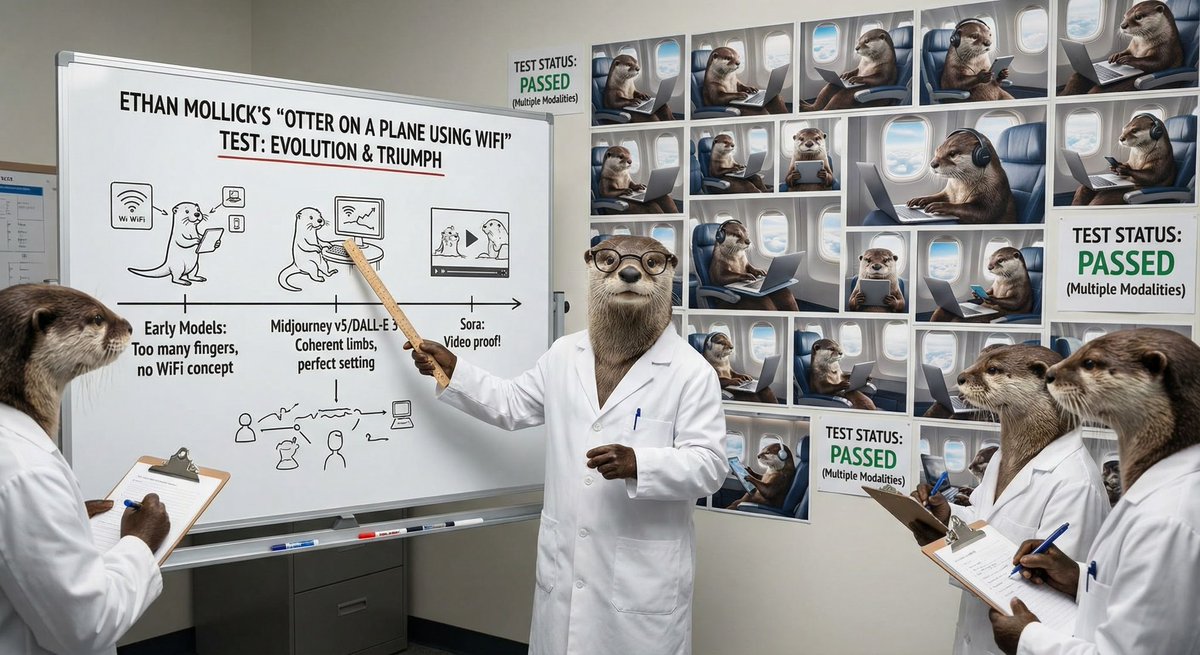A great example of borrowing innovation from one field for another. Doctors at a struggling children's hospital sent videos of their post-surgical hand-offs to Ferrari's F1 pit crew (see the GIF!) to improve. They reworked the process & reduced associated errors rates by 66%. 1/2
The diagrams show how the F1 crews used their techniques to help the surgery teams reorganize the surgery to ICU handoff. The paper is here: 2/2 asq.org/healthcare-use… 



The Youtube video for the original GIF of the Ferrari F1 pit crew is here, and it is worth watching it (or the GIF) multiple times, each time focusing on a different person doing their job with incredible speed and precision.
Some terrific further examples of innovations across industry boundaries here:
https://twitter.com/trungtphan/status/1318230792594546689
• • •
Missing some Tweet in this thread? You can try to
force a refresh
















